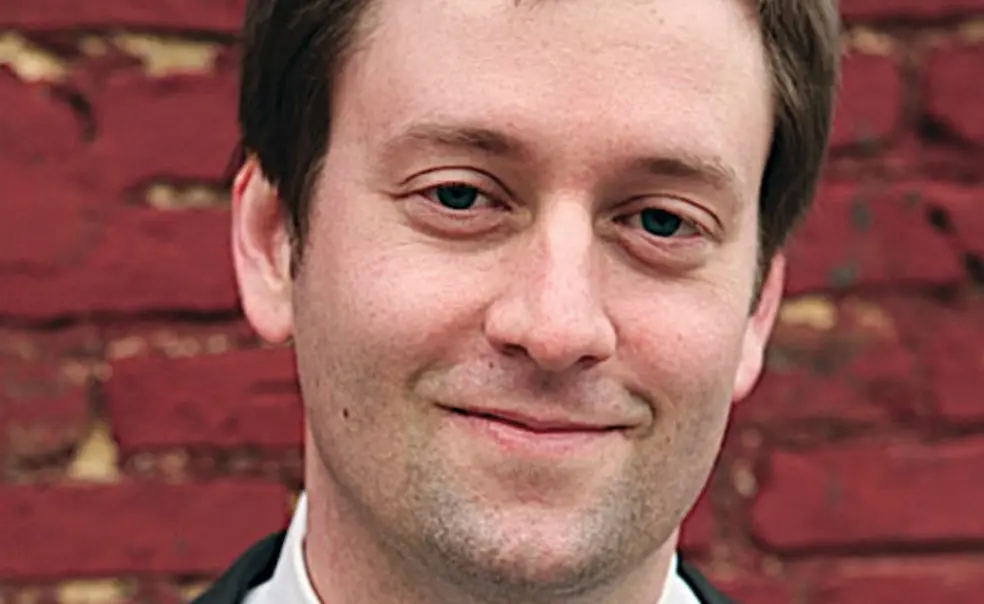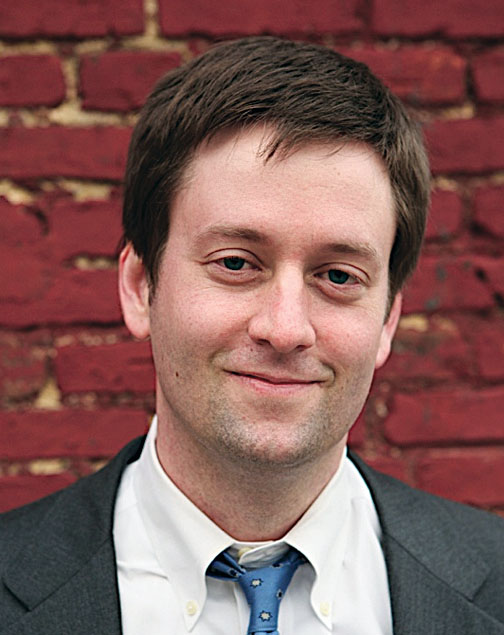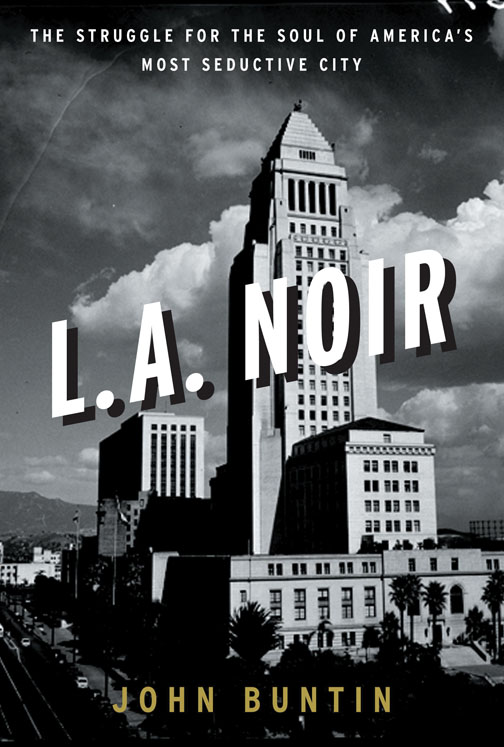A seductive city
John Buntin ’94 traces L.A.’s history by following the people who vied for control
The city of Los Angeles has been a subject of fascination for writers and filmmakers for generations. Think of Roman Polanski’s Chinatown, or James Ellroy’s L.A. Confidential, or the crime novels of Michael Connelly. Yet when John Buntin ’94 set out to research the history of the city for an article for Governing magazine, he was surprised to find the literature to be rather thin.
“[The city] hadn’t generated as much actual history as you would expect,” said Buntin, who moved to Los Angeles for a year to immerse himself in the city’s curious charms. “It was all rather apocryphal, with some notable exceptions.”
Buntin’s book, L.A. Noir: The Struggle for the Soul of America’s Most Seductive City, published by Harmony in August, strives to fill in those gaps, recounting the colorful history of the city through the lens of its longtime police chief, William Parker, who joined the department in the 1920s and served as chief in the ’50s and ’60s, and his nemesis, the gangster Mickey Cohen. It also seeks to answer some persistent questions about the city and its sometimes-notorious police department. How did a department known for its corruption transform itself into the model of law-and-order that inspired the TV series Dragnet and made Parker a national hero? Could the seeds of the city’s decay — exemplified by the 1992 beating of Rodney King — be traced to the years Parker wielded power with ruthless authority?
Needless to say, it is a long story, involving a rich cast of characters. The foppish gangster Bugsy Siegel, the ambitious and volatile Bobby Kennedy, the fiercely eloquent Malcolm X — all find their way to L.A. as the city becomes a playground for gangsters and the scene of rising racial tension.
Ever since Buntin first visited Los Angeles almost 10 years ago, he has been intrigued by a place that in its short existence has played the role of both Eden and dystopia — a strange paradise known both for its smog and its glorious beaches. “In some ways its character, its personality, has been more in flux than other cities,” says Buntin.
Buntin found that the best way to tell the city’s complex story was to focus on two people: Parker and Cohen, a Brooklyn native who served as a stick-up man in Cleveland and Chicago before moving West to become L.A.’s top bookmaker. Parker fought for years to purge the city of figures like Cohen, using sophisticated wiretapping techniques to amass thick files on his targets. Yet time and again Cohen miraculously avoided prison, until finally a federal court found him guilty of tax evasion.
Maurice Timothy Reidy is online editor at America magazine.














No responses yet